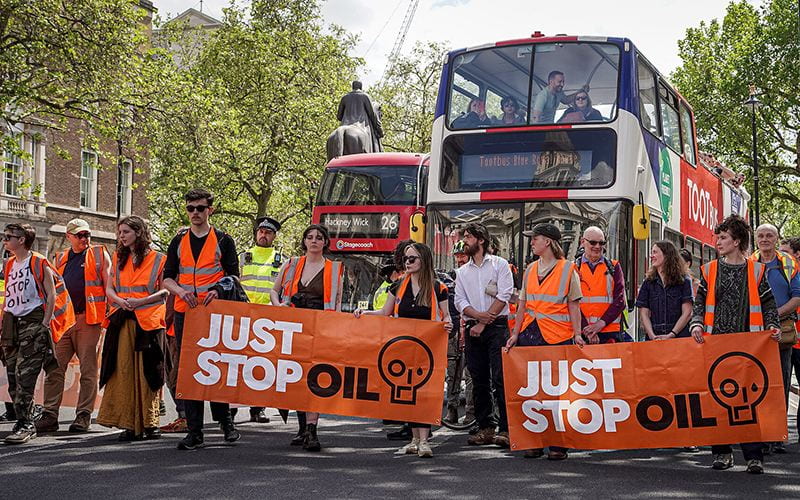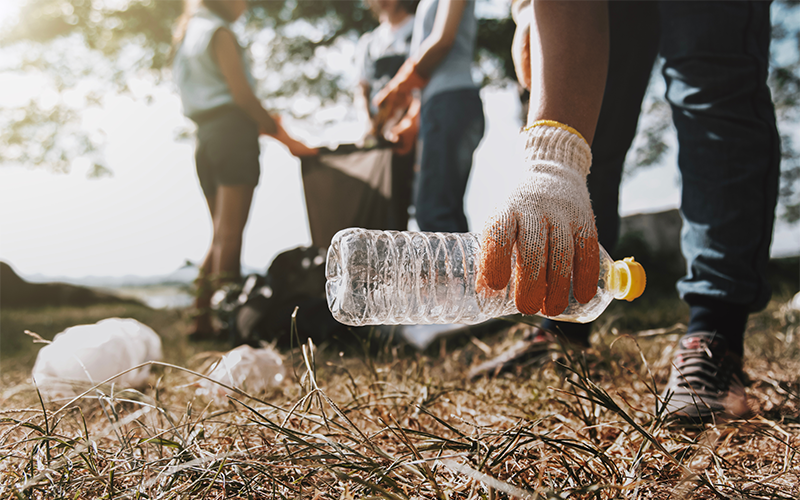Embedding disaster and climate education within curricula
By IOE Blog Editor, on 31 March 2025

Credit: WavebreakMediaMicro via Adobe Stock.
31 March 2025
This post is the third of three in a series on disaster and climate education (DCE). In the first two posts, Pedagogies for disaster and climate risk reduction and Collaborative and co-learning for disaster and climate justice, Kaori Kitagawa introduced what DCE is about and techniques for collaborative co-learning to prepare for these scenarios and reduce their impact.
In this post I hone back in on schooling to share resources that could enable teachers to embed DCE within their lessons. I use the case of England’s Citizenship school curriculum, but the principle of embedding DCE into learning and the resources themselves have wider application. I draw on my and Kaori’s recent publication ‘Preparing for disasters through Citizenship Pedagogies’. The new Co-learning for disaster and climate justice master’s module at UCL uses these themes to enable students to develop pioneering approaches and resources of their own that further progress practice in DCE. (more…)
 Close
Close





